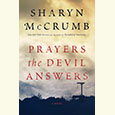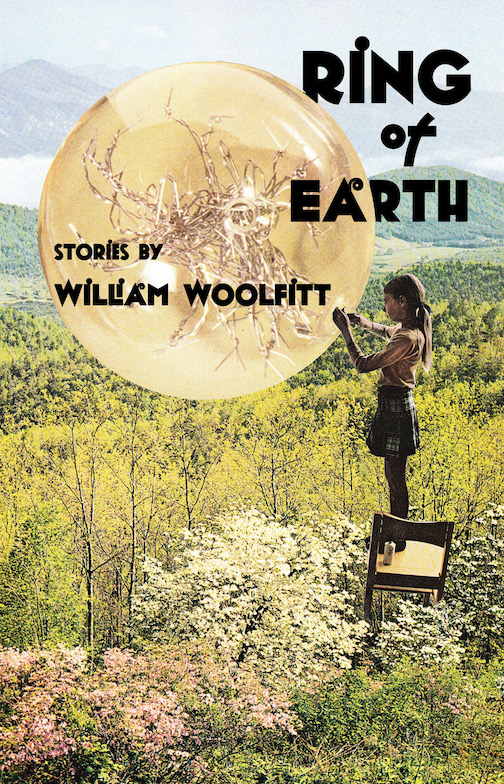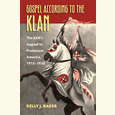Learning the Value of a Dollar
Dollar General CEO Cal Turner Jr. traces the humble beginnings of a multi-billion-dollar company
“The family business that would one day become Dollar General Corporation came into existence in October 1939 as J.L. Turner and Son Wholesale Dry Goods, Shoes, Notions and Hosiery,” writes Cal Turner Jr. in a new memoir, My Father’s Business. “I was born three months later, and I’ve always considered us to be a joint venture.” Launching Dollar General, he writes, “involved the kind of creative leap that comes along all too rarely, and it ultimately left a huge mark on American business.”
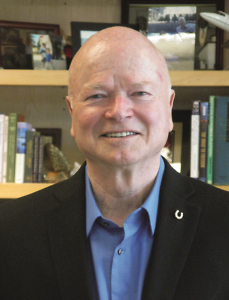
In 1955, Turner’s father, Cal Sr., was the owner of thirty-six stores operating in small towns in Tennessee and Kentucky. Inspired by “Dollar Days” sales at the big department stores in nearby Nashville, he decided to revolutionize his own retail model and price everything at a dollar. “Customers obviously loved that $1 price point,” the elder Turner reasoned. “Somehow, it made real value seem even more obvious.” A phenomenon was born: the general concept of the dollar store, but also the specific (and beloved) chain known as Dollar General.
Cal Sr.’s father, James Luther Turner, was the oldest of four children, a child who left school at age eleven to run his family’s farm in Macon County, Tennessee, following the death of his own father in a freak wrestling accident. As a young adult he left the farm for retail, eventually opening his own stores just as the Depression hit: “It says a great deal about Luther Turner that he was able to turn his third-grade education into a plus,” Turner writes. “He was convinced that everyone he met was smarter than he, and that he needed to learn something from each of them. He became a first-rate observer, a great listener, and a dedicated student of life. What he practiced was more than empathy. It involved valuing the other person and his or her information, insight, and perspective.”
Cal Jr. drew inspiration from Luther for his own management style, though it was his father’s entrepreneurial spirit that nurtured Dollar General, the Fortune 300 company with $6 billion in annual sales from which Cal Jr. would eventually retire after twenty-six years as president and CEO. In his memoir, Turner pays loving tribute to both men.
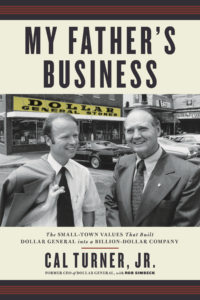 My Father’s Business is a fascinating glimpse into the philosophy and logistics of the dollar-store business model, from stock acquisition to warehousing to pricing to human resources. An engaging memoir that never gets bogged down in numbers or business jargon, it also gives an honest and poignant accounting of the intrinsic pitfalls in a family business. To wit, though Cal Jr. considered Cal Sr. to be his mentor and best friend, he subtly discouraged his own son, Cal III, from joining Dollar General and enduring anything akin to the torment he felt when he had to fire, at different times and for different reasons, both his own brother and their father.
My Father’s Business is a fascinating glimpse into the philosophy and logistics of the dollar-store business model, from stock acquisition to warehousing to pricing to human resources. An engaging memoir that never gets bogged down in numbers or business jargon, it also gives an honest and poignant accounting of the intrinsic pitfalls in a family business. To wit, though Cal Jr. considered Cal Sr. to be his mentor and best friend, he subtly discouraged his own son, Cal III, from joining Dollar General and enduring anything akin to the torment he felt when he had to fire, at different times and for different reasons, both his own brother and their father.
Ultimately, My Father’s Business is a memoir about learning from and leading other people, in business and elsewhere. “Leadership exists when an organization overcomes having a boss or a boss mentality,” Turner writes, “A boss only gets results; a leader gets development.”
With eloquence and humility, Turner concludes with a direct address to his readers: “You are one of a kind. That’s why I’ve tried to share life lessons rather than offer advice. I can’t offer better advice than you can glean for yourself, for only you know the life to which those lessons and advice can be applied. I or anyone sharing the lessons of experience can provide only a little sun, a little rain, a little fertilizer. Yours is the ground in which the seeds have been planted. I don’t want to have gone through all of this without there being some benefit for others. That…is a Turner trait.”

Kathryn Justice Leache lives Memphis, her hometown. Her life among books has included work as a librarian and stints as a bookseller at Square Books and The Booksellers at Laurelwood. She is currently a bookseller at novel., an independent bookstore in Memphis.
